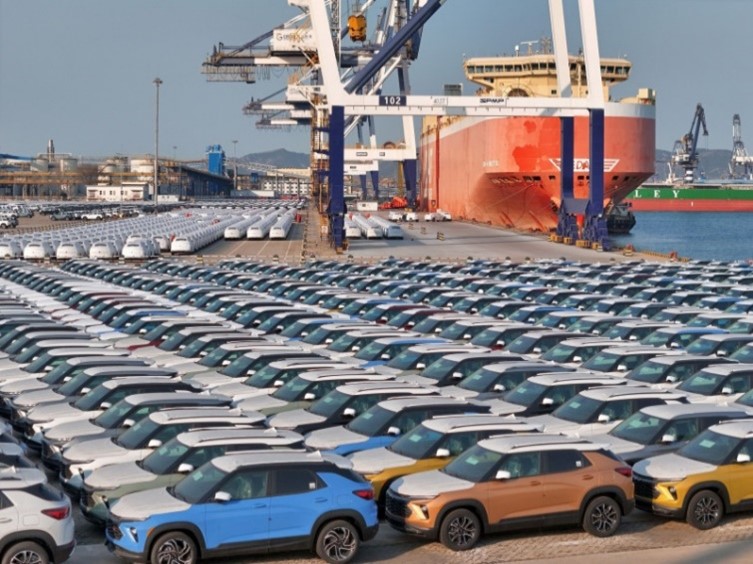During the years, Mediterranean peripheral nations such as Malta, Italy, Luxembourg, Cyprus, Greece, Bulgaria, Portugal and Turkey have opted to look towards investment immigration as a source of income by creating residential and/or citizenship opportunities for individuals hailing from third countries.
Nevertheless, top officials from EU Institutions have been campaigning against existing programs and the introduction of new ones, flagging economic citizenship as prime opportunity for financial crimes. The European Parliament and the European Commission have put AML/CFT legislation reforms at the forefront, which is also having an impact on investment migration and its surrounding sectors, and in fact identified by the Commission as a problematic practice due to the Union-level risk it poses. Nonetheless, even if the 4th and 5th AML Directive state that such schemes are high-risk, the Commission nonetheless decided not to regulate them as they do not comply with the principle of sincere cooperation due to a lack of genuine link between the prospective citizen and the Member States.
One must seriously consider the pros and cons of having such schemes. On one hand, there is the real acknowledgement of the AML & CFT risks, the possibility of misuse and abuse of citizenship as well as the possibility that investors could be obtaining an alternative nationality to abscond from legal processes. On the other hand, there are advantages available to both beneficiaries in this cross-border agreement.
For bona fide global business innovators, the possibility to obtain an alternate residence and/or dual citizenship presents the opportunity to start or expand a business in a chosen jurisdiction. Coupled with greater mobility conditions, guarantees of security, superior educational institutions and higher health care services, this makes it fertile ground for business-driven personalities to lay their foundations in. Investment migration also presents governments with an economic lifeline via capital injections.
This helps to reduce debt burdens with direct economic contributions and tax revenues, aids in the funding of governmental measures and disaster relief, and gives the opportunity of establishing new businesses. These positive outcomes are especially needed in view of the need for post COVID-19 economic recovery and the levels of inflation brought about by Russia’s invasion of Ukraine. During a time where technological progress is a top consideration for macroeconomies, with focus directed at STEM occupations (Science, Technology, Engineering and Mathematics) and innovation sectors such as software development, eco startups pharmaceuticals and life sciences, the possibility of drawing in new knowledge and or investment, aiding in diversifying local economies and presenting an influx of skilled personnel in an ever-ageing working population makes sense.
The EU is proposing legislation to gradually phase out all citizenship schemes by 2025, also demanding stricter enforcement to existing programmes such as prohibiting joint family applications, presumably going against the cherished family unit, and proposing intrusive measures of effective physical residence checks which brings about questions of privacy. Globalisation has led to a ‘one world’ environment, and the automatic dissension of these individuals and the thought that prospective nationals are criminals looking to avail themselves of safe havens could be prejudicial and discriminatory. In reality, well intentioned people looking to give back to societies and not limiting their talents, means and interests, in exchange for citizenship or residency reflects the recent decades of globalised wealth.
In conclusion, one calls upon the industry to voice for cooperation between supranational authorities, governments, and stakeholders to ensure that a golden opportunity is not put at risk. A thorough assessment of the potential, economic and social consequences should be carried out, and whilst one acknowledges that better standards are required to minimise the potential abuse, separate financial industries are also intertwined with this sector and therefore a unified effort must be made to salvage these programs, as when implemented effectively they do create prosperity to the person, the welcoming state and the interconnected world.
PKF Malta is a fast-growing, progressive firm specialising in audit & assurance, tax, advisory services, and internal audit insurance. Get in touch with us today via email at: [email protected] or contact us here.
‘Made in China’ shock 2.0
To rebrand the local economy, China is now investing heavily in what president Xi Jinping calls the 'three new industries'
Sharp upturn across equity markets in Q1
The stock market's repeated strong recoveries highlights the importance for investors to have a long-term time frame
Pre-1995 rent laws: State of play
The controls were initially introduced in response to a severe shortage of housing, but have since been challenged in court







